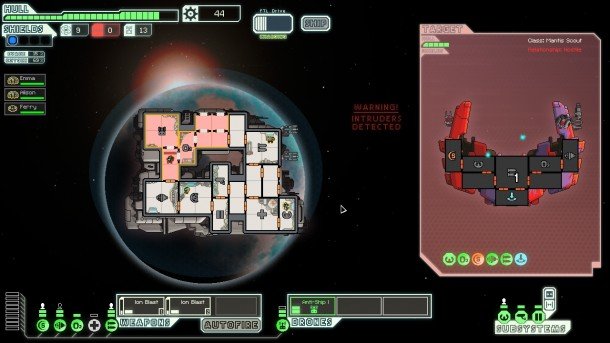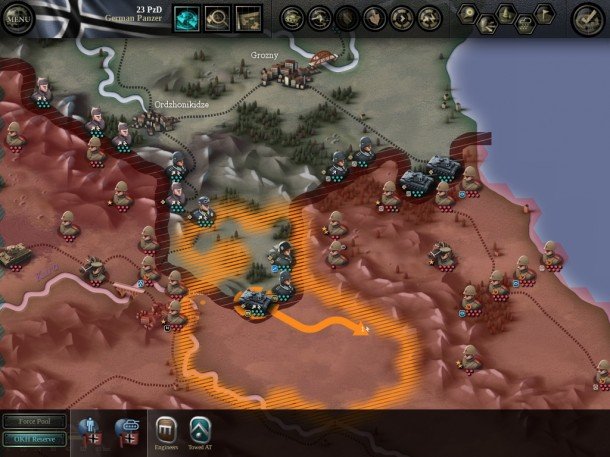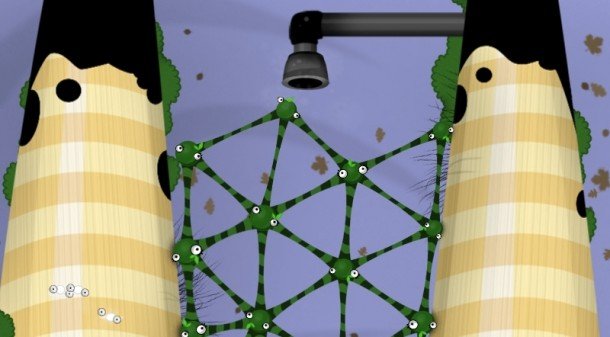How Steam is about to change its role

On Monday night, myself and around a hundred indie developers sat in a London bar with a cinema screen, waiting to find out why Valve had asked us all there. Popular theories were a) Steam deals would be thrown out into the crowd in an Oprah-esque display of arbitrary generosity, b) the doors would lock and we would be forced to add hats to TF2 indefinitely, or c) we would all be hired on the spot, pronounced to be Valve UK, and tasked with finishing Episode Three by Christmas.
Surprisingly, it was none of these. Instead, Valve reps Anna Sweet and DJ Powers took us through a series of new Steam features that change its role in the industry: from an under-staffed megapublisher to a hands-off distribution platform. I can't talk about all of it, but these are the two most important bits:

Unapproved updates
While Valve have always encouraged developers to update their games frequently, those updates would previously need to be approved before they went live. They're now changing to a new system, where developers can make updates live themselves, with no oversight from Valve.
What if your update breaks the game? Customers will tell you, and if you don't hear them, Valve will tell you what customers are telling them. But ultimately, it's the developer's responsibility to check this stuff, release good updates, and fix anything that breaks.
Anna says the most effective marketing tool Steam gives developers is the pop-up message that tells you when a friend plays a game. A game that releases regular updates brings its existing players back, and each time they play, everyone they know on Steam gets more and more curious about this game their friend seems to like so much.
In the sales graph of a regularly updated game, its launch is just one of many equally massive spikes.

Greenlight
From August 30th, developers will be able to post a video, description and screenshots of their game, finished or not, and ask users to vote on whether it gets released on Steam. The games that get the most votes will get a green light. When they're finished, they can be sold on Steam. Valve's only involvement is to make sure the final code runs, and is roughly what was promised in the video.
The biggest gaming news, reviews and hardware deals
Keep up to date with the most important stories and the best deals, as picked by the PC Gamer team.
Further down the line, the old process of submitting your game to Valve for consideration will stop. Valve will no longer the arbiters of quality for Steam games.

What it means
With these changes, Valve is stepping out from between developers and players, then pushing their heads together and saying "Kiss!"
They started Steam to cut out the middle man of retail, but eventually became a middle man of their own. And they're good at it: everyone I know with a game on Steam attests to the massive audience they get there compared to their own site. So they'll continue being a platform, but they're going to stop acting like a publisher. They're letting developers become their own overseers, and the public become Steam's gatekeepers.
It's good for budding developers, because the public will respond much quicker and more reliably to their submissions: positively or otherwise.
It's good for established developers, because they can update their Steam games faster, react to feedback faster, and Valve are working on ways to get them more of it.
It's good for Valve, because they can give up on two massive tasks they weren't doing effectively enough.
It's good for Steam users, because they become the arbiters of what gets released on their favourite platform.
And it's good for us at PC Gamer, because when we feature something great that isn't getting the exposure it deserves, we can have a more direct affect on its prospects. If we can help a great game become a successful game, we can be a stronger positive force in the industry.

The only thing that might be lost is an association between Steam and quality. There's plenty of terrible stuff on Steam - we gave Flatout 3 28% - but for indie games, it's become something of a badge of honour. Now it'll be decided primarily by excitement, which denotes a good trailer and not much else.
You can always link a demo in your Greenlight listing, of course, and Valve will eventually work that into the system itself. But that may not change anything. It's a hundred times easier to get someone to click a 'play' button than install a game, and a hundred times easier to make a game look promising than make it good to play. And when it's just a matter of clicking 'thumbs up', it may be harder to get someone to try your game than to get them to vote for it.
That makes our job even more important: to play what we can, and communicate the joys of a great game well enough to earn your interest.

